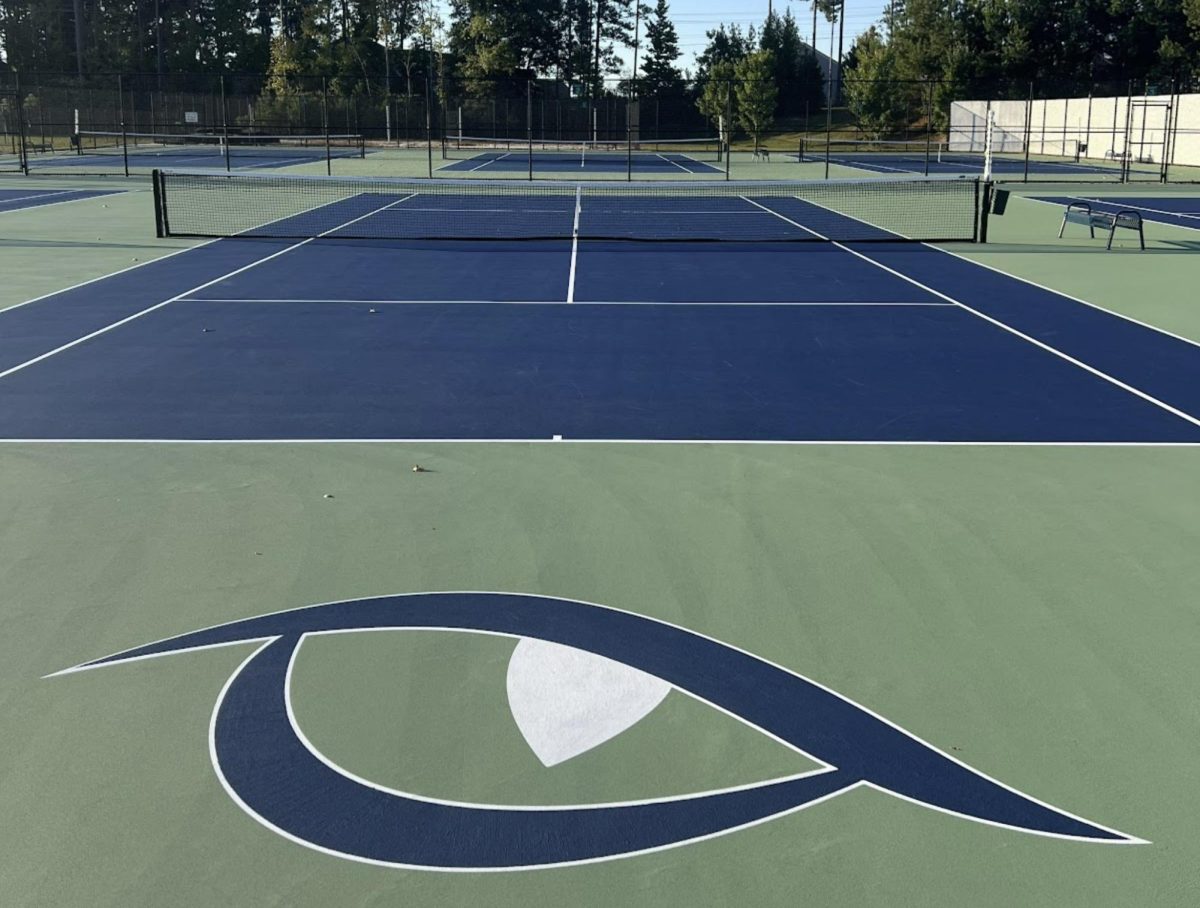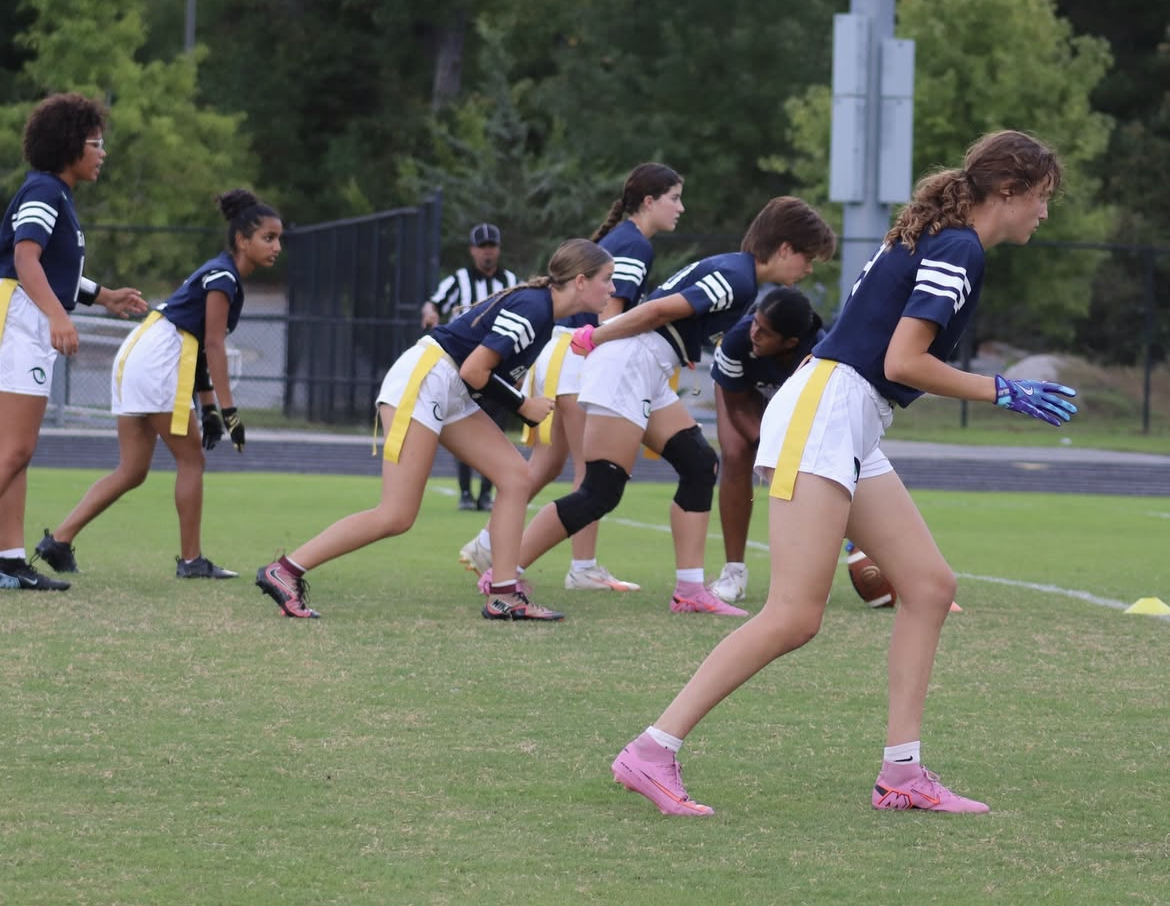Winter heralds not only frosty temperatures and snow-covered landscapes but also brings forth a unique set of challenges for athletes engaged in winter sports Amid the intense physical demands and competitive pressures, the significance of mental health often gets overshadowed. However, recognizing and prioritizing mental well-being during these colder months is pivotal for athletes to perform at their peak and maintain a balanced, sustainable athletic career.
The winter season amplifies the challenges athletes face. Shortened daylight hours, limited exposure to sunlight, and colder weather can significantly impact an athlete’s mental state. Seasonal Affective Disorder (SAD), a type of depression related to changes in seasons, is more prevalent during winter and can affect an athlete’s mood, energy levels, and motivation. Athletes must cope with these environmental factors alongside the pressures of competition, training schedules, and performance expectations.
The competitive nature of winter sports intensifies the mental strain on athletes. The pursuit of perfection, constant evaluation, and the stress of high-stakes competitions can lead to anxiety, self-doubt, and even depression. The expectations to maintain top physical form while excelling under pressure can take a toll on an athlete’s mental health if not addressed proactively.
Acknowledging the significance of mental health in athletes during winter sports becomes imperative. Coaches, sports organizations, and support staff need to adopt holistic approaches that encompass mental wellness alongside physical training. Cultivating an environment that encourages open dialogue about mental health, reduces stigma, and provides adequate support systems is fundamental.
Athletes must integrate mental health practices into their routines. Techniques such as mindfulness, meditation, visualization, and breathing exercises can help manage stress and enhance focus. Establishing a work-life balance, adequate rest, and seeking professional help when needed are vital steps toward sustaining mental well-being.
Being a high school athlete during the Winter season is laborious. To be able to keep up with your health is important. “The hardest time of year to keep up with my mental health is around this time, and February. Just an emotional clock, around that time of the year, it just affects me the most. I shoot in the gym, or I hang out with my homies, until I feel better.” Israel Eatman, Varsity Basketball player.
For coaches and sports organizations, investing in mental health resources and professionals to assist athletes is essential. Incorporating mental health education into training programs, offering counseling services, and establishing protocols for mental health support can make a substantial difference in athletes’ overall well-being.
Destigmatizing mental health discussions within the sports community encourages athletes to seek help without fear of judgment. Normalizing conversations around mental health not only benefits individuals but also contributes to fostering a healthier athletic culture as a whole.
The winter season should not just be about mastering physical prowess in sports like skiing, snowboarding, ice hockey, or figure skating. It should equally emphasize the mental resilience necessary for athletes to navigate the unique challenges this season presents. By emphasizing mental health, athletes can cultivate a strong foundation that supports both their performance and overall well-being.
The significance of mental health in athletes during the winter sports season cannot be overstated. It’s crucial to recognize, prioritize, and support athletes’ mental well-being alongside their physical training. Creating an environment that fosters open discussions, integrates mental health practices, and provides necessary resources key to ensuring athletes thrive not just on the ice or snow, but also in their mental fortitude and resilience.













